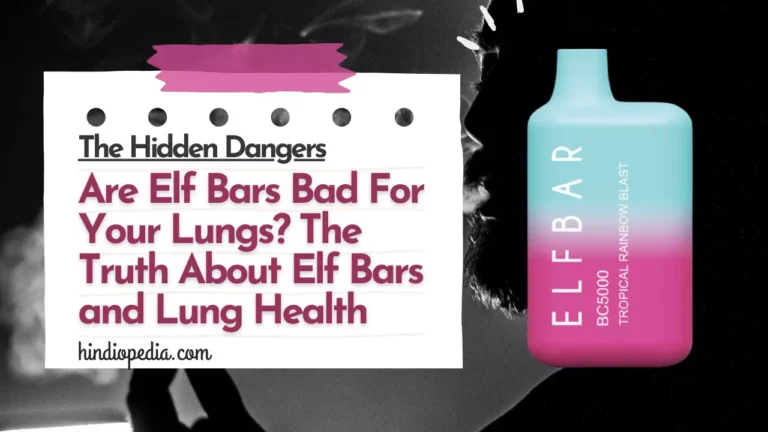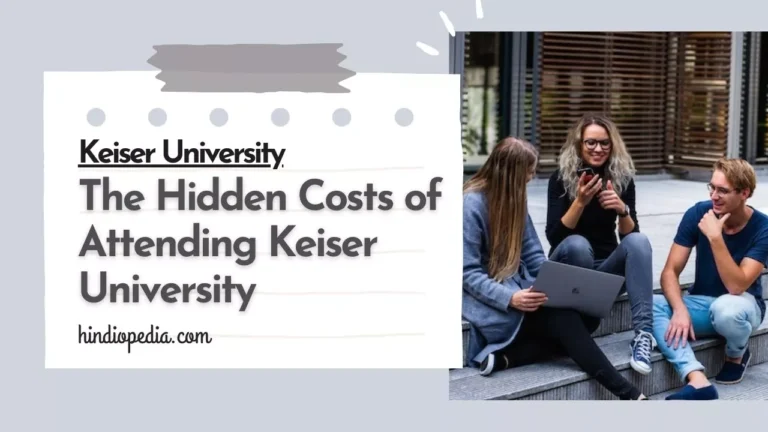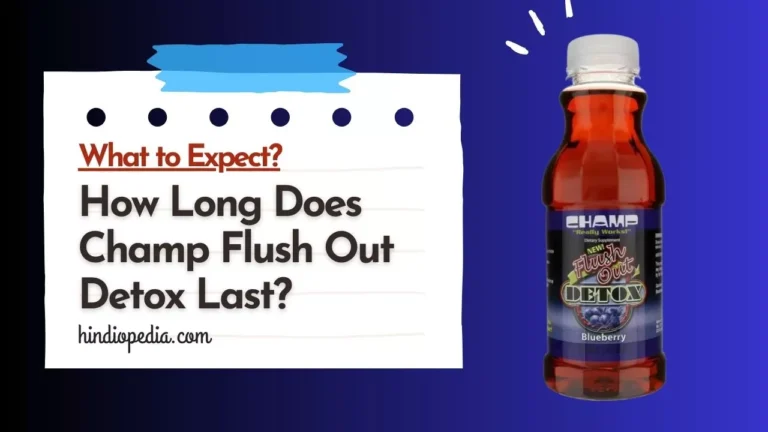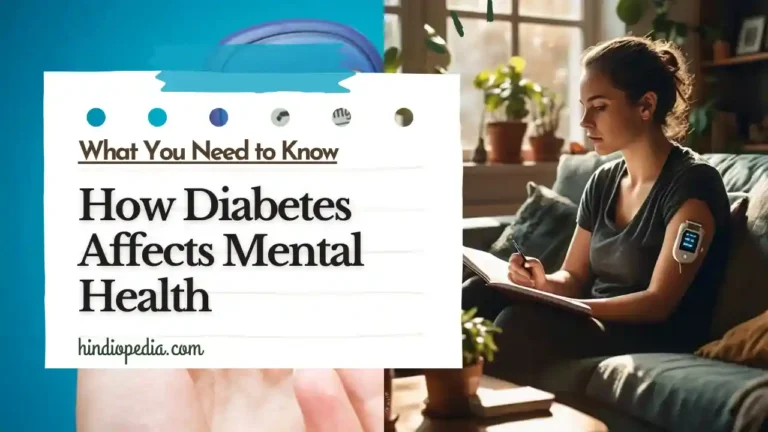Can I Drink Iced Coffee After Tooth Extraction? A Guide for Coffee Lovers
If you are a coffee lover, you might be wondering if you can still enjoy your favorite beverage after having a tooth extraction.
Tooth extraction is a common dental procedure that involves removing one or more teeth from the mouth. It can be necessary for various reasons such as tooth decay, infection, injury, or overcrowding.
After a tooth extraction, it is important to follow the post-operative care instructions given by your dentist. This will help you avoid complications such as bleeding, infection, dry socket, or delayed healing.
One of the most important aspects of post-extraction care is your diet. You need to eat and drink foods and liquids that are soft, mild, and gentle on your mouth.
But what about iced coffee? Is it safe to drink iced coffee after a tooth extraction?
In this blog post, we will discuss the pros and cons of drinking iced coffee after a tooth extraction, as well as some alternatives that you can try.
Understanding Tooth Extraction
Tooth extraction is a surgical procedure that involves removing one or more teeth from the jawbone. It can be performed by a dentist or an oral surgeon, depending on the complexity of the case.
There are two types of tooth extraction: simple and surgical.
A simple extraction is done when the tooth is visible and easily accessible in the mouth. The dentist will use a tool called an elevator to loosen the tooth and then pull it out with forceps.
A surgical extraction is done when the tooth is broken, impacted, or not fully erupted in the mouth. The dentist or oral surgeon will make an incision in the gum and remove the tooth and some bone tissue if necessary.
Post-Extraction Care
After a tooth extraction, you need to take good care of your mouth to prevent infection, inflammation, and other complications.
You should follow the specific instructions given by your dentist or oral surgeon, but here are some general guidelines to keep in mind:
- Avoid rinsing, spitting, or sucking for the first 24 hours after the extraction. This can dislodge the blood clot that forms in the socket and cause bleeding or dry socket.
- Apply ice packs to the cheek or jaw to reduce swelling and pain. You can do this for 10 to 20 minutes at a time, several times a day, for the first two or three days.
- Take painkillers as prescribed or recommended by your dentist or oral surgeon. Do not take aspirin, as it can thin your blood and increase bleeding.
- Eat soft, bland, and nutritious foods that are easy to chew and swallow. Avoid hot, spicy, acidic, crunchy, sticky, or hard foods that can irritate the wound or damage the clot.
- Drink plenty of fluids to stay hydrated and prevent dry mouth. Avoid alcohol, carbonated drinks, and hot beverages that can interfere with the healing process.
- Brush your teeth gently, avoiding the extraction site. You can also use a saltwater rinse to clean your mouth and reduce inflammation. Do this after 24 hours and repeat several times a day.
- Avoid smoking or using tobacco products for at least 72 hours after the extraction. Smoking can delay healing, increase the risk of infection, and cause dry socket.
Can You Drink Iced Coffee After Tooth Extraction?
The answer is: it depends. There are some potential benefits and risks of drinking iced coffee after a tooth extraction, and you need to weigh them carefully before making your decision.
Here are some factors to consider:
Benefits of Drinking Iced Coffee After Tooth Extraction
- Iced coffee can help you stay hydrated and prevent dry mouth, which can slow down healing and increase the risk of infection.
- Iced coffee can soothe your mouth and reduce pain and inflammation. The cold temperature can numb the nerves and constrict the blood vessels, which can ease the discomfort.
Risks of Drinking Iced Coffee After Tooth Extraction
- Iced coffee can cause bleeding or dry socket. The suction created by drinking through a straw can dislodge the blood clot and expose the bone and nerves in the socket. This can cause severe pain, infection, and delayed healing.
- Iced coffee can stain your teeth and gums. The dark color of coffee can leave stains on your teeth and gums, especially if you have stitches or gauze in your mouth.
- Iced coffee can damage your enamel and cause sensitivity. The acidity of coffee can erode your enamel and make your teeth more prone to decay and sensitivity.
- Iced coffee can interfere with your medication. Some painkillers and antibiotics can interact with caffeine and cause side effects, such as nausea, headache, or insomnia.
Alternatives to Iced Coffee
If you decide that drinking iced coffee after a tooth extraction is not worth the risk, or if you want to limit your intake, you can try some alternatives that are safer and healthier for your mouth.
Here are some suggestions:
- Water: Water is the best drink for your oral health and overall well-being. It can keep you hydrated, flush out bacteria, and prevent dry mouth.
You can add some lemon, cucumber, mint, or berries to your water for some flavor and freshness. - Herbal tea: Herbal tea is a soothing and calming drink that can help you relax and heal. It can also provide you with antioxidants, vitamins, and minerals that can boost your immune system and fight inflammation.
- Smoothie: Smoothie is a nutritious and delicious drink that can provide you with protein, fiber, and antioxidants. You can blend your favorite fruits, vegetables, yogurt, milk, or nut butter to make a smoothie that suits your taste and needs.
Avoid adding ice, seeds, or nuts that can irritate your wound or damage your clot. - Milk: Milk is a good source of calcium, protein, and vitamin D that can support your bone and tooth health. It can also help neutralize the acidity in your mouth and prevent enamel erosion.
Other Foods and Drinks to Avoid
Besides iced coffee, there are other foods and drinks that you should avoid after a tooth extraction.
These include:
- Hot foods and drinks: Hot foods and drinks can increase the blood flow to your mouth and cause bleeding or swelling. They can also burn your mouth and damage your clot or stitches.
You should wait until your food or drink is cool or at room temperature before consuming it. - Spicy foods: Spicy foods can irritate your wound and cause pain and inflammation. They can also alter your taste buds and make your food less enjoyable.
You should avoid foods that contain chili, pepper, garlic, onion, or other spices. - Acidic foods and drinks: Acidic foods and drinks can erode your enamel and cause sensitivity. They can also interfere with the healing process and increase the risk of infection.
You should avoid foods and drinks that contain citrus, tomato, vinegar, or alcohol. - Crunchy foods: Crunchy foods can injure your wound and cause bleeding or infection. They can also get stuck in your socket and cause discomfort or inflammation.
You should avoid foods that are hard, brittle, or sharp, such as chips, crackers, popcorn, nuts, or seeds. - Sticky foods: Sticky foods can pull out your clot or stitches and cause bleeding or dry sockets. They can also adhere to your teeth and gums and cause decay or plaque.
You should avoid foods that are chewy, gooey, or sticky, such as candy, gum, caramel, or chocolate.
Summary
To sum up, drinking iced coffee after a tooth extraction is not recommended, as it can cause several complications and affect your oral health.
However, you should always consult your dentist or oral surgeon before drinking iced coffee or any other beverage that might affect your recovery.
They can advise you on the best time, amount, and method of drinking iced coffee after a tooth extraction.
Remember to follow the post-extraction care instructions, eat and drink wisely, and take good care of your oral health.
The Bottom Line
We hope this blog post has been informative and helpful for you. If you have recently undergone a tooth extraction, we wish you a speedy and smooth recovery.
If you have any comments or questions, please share them in the comments section below.
Thank you for reading!





